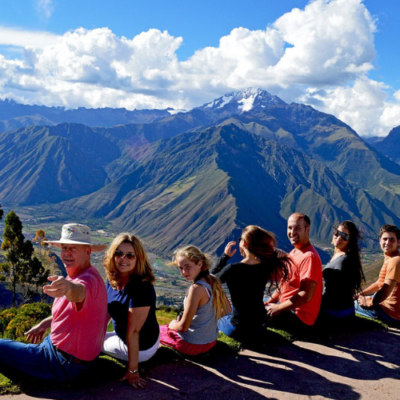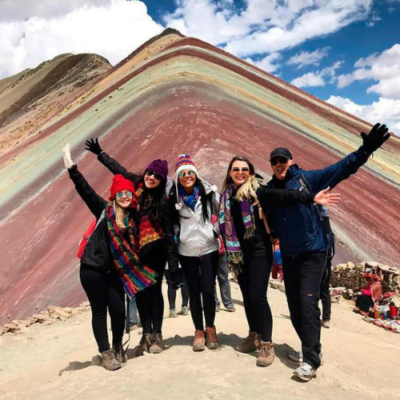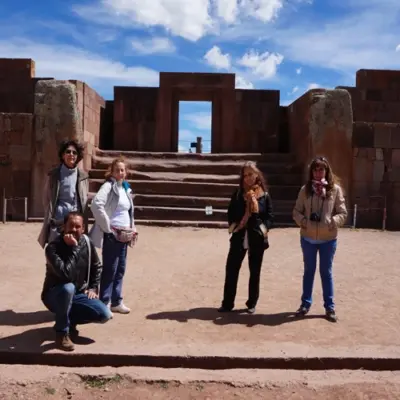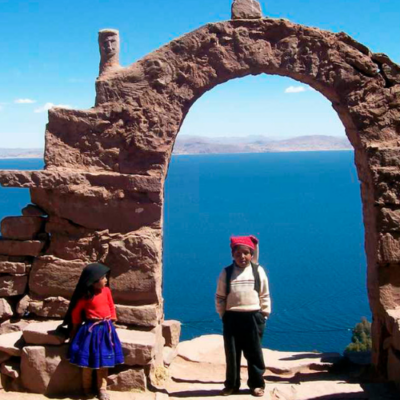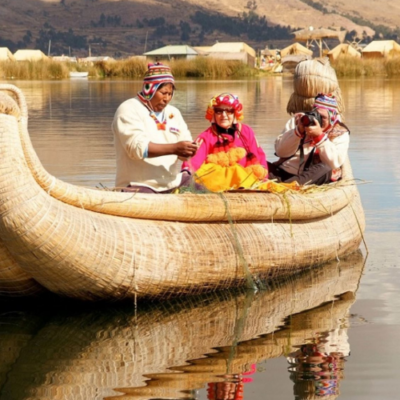Whether you’re setting out on a solo adventure, a luxurious escape, or a family vacation, understanding the nuances of planning can transform your trip into a life-enriching experience. Here’s how you can master the art of planning travel experiences.
Start With a Vision, Not an Itinerary
The first step in planning any trip is not to fixate on a schedule but to define a vision. Ask yourself what you hope to achieve during this journey. Do you crave cultural immersion, nature’s solace, or adrenaline-packed adventures? Creating a travel experience involves imagining the kind of memories you want to create.
Your destination should reflect this vision. For instance, if you’re drawn to ancient cultures, destinations like Peru’s Machu Picchu or Egypt’s pyramids might be the perfect choices. Alternatively, if you seek serenity, the untouched beauty of the Maldives or the Patagonia wilderness might align with your aspirations.
Personalize Your Experience
A great travel experience reflects the unique tastes and interests of the traveler. Do you love gastronomy? Then culinary tours and local food markets are a must. Are you a history buff? Guided tours of historic landmarks should top your list. For families, prioritize child-friendly destinations, activities, and accommodations. Tailor your plans to reflect not just where you want to go, but what resonates with your heart.
For example, in destinations like Italy or Japan, travel agencies can curate personalized experiences like private vineyard tours or traditional tea ceremonies. Similarly, eco-conscious travelers can prioritize sustainable experiences such as rainforest lodges in the Amazon or conservation tours in Costa Rica.
Embrace Local Culture
An integral part of the travel experience is immersing yourself in the local culture. Instead of sticking to tourist hotspots, venture into the local markets, savor street food, and engage with the people. Involvement in cultural activities such as cooking classes, artisan workshops, or festivals can turn your trip into a more meaningful experience.
For example, when visiting countries like Peru, you can partake in Quechua weaving workshops or homestays in remote Andean villages to gain an authentic insight into their way of life. This level of immersion not only enhances your trip but deepens your appreciation of the world’s diverse cultures.
Allow Time for Spontaneity
While planning ensures that you make the most of your time, leaving room for spontaneity is equally important. Travel is often about discovery—the hidden café on a cobblestone street or an impromptu boat ride at sunset. It’s these unplanned moments that can often become the highlights of a trip.
Avoid overloading your itinerary. Instead, plan key activities but leave a few afternoons or days open for wandering, relaxing, and making unexpected detours. It’s in these moments that you’ll experience the true magic of travel.
Sustainability and Responsible Travel
In today’s world, conscientious travel is an essential part of the art of planning. Responsible travel not only protects the environment but also enriches the traveler by fostering a deeper connection to nature and local communities. Prioritize eco-friendly accommodations, avoid over-touristed areas, and consider supporting local businesses.
In South America, for example, sustainable lodges in places like the Galápagos Islands or eco-cruises along the Amazon River offer travelers a chance to enjoy the beauty of nature while preserving it for future generations.
Balance Adventure with Rest
Even the most adventurous trips need moments of relaxation. While it can be tempting to fill your schedule with activities from sunrise to sunset, remember that travel is also about recharging. Incorporate downtime into your plans—whether that’s a day at the beach, an afternoon at a spa, or simply a quiet evening enjoying a local meal.
For luxury travelers, the balance between adventure and rest can be found in combining high-end experiences like private yacht charters or helicopter tours with tranquil stays in boutique hotels or wellness retreats.
Mastering Logistics and Details
While the essence of travel is about experiences, the logistics are equally important to ensure everything runs smoothly. Plan for contingencies such as flight delays or missed connections. Also, research visa requirements, currency exchange rates, and local transportation options. Sometimes the smallest details, like booking a hotel near the city center or having a reliable guide, can make a big difference in the overall comfort of your trip.
For instance, when traveling in remote regions like Patagonia or the Amazon, working with experienced tour operators who understand the challenges of these environments can elevate the entire journey, allowing you to focus on exploration without the hassle.
Keep Memories Alive
The art of travel doesn’t end when the trip is over. Documenting your experiences can keep the memories alive long after you’ve returned home. Journaling, photography, or even starting a travel blog are ways to reflect on the moments that touched you most. Sharing stories with friends and family helps create a lasting legacy of your journeys.
You could also consider collecting meaningful souvenirs—like a handcrafted item from a local artisan or a photograph of a sunset—each a small reminder of the places you’ve been and the stories you’ve gathered along the way.
The art of planning travel experiences is about finding the right blend of structure and flexibility, immersion and reflection. When done thoughtfully, it turns any trip into a journey of discovery, not only of new places but also of yourself. As you plan your next adventure, remember: the true beauty of travel lies not only in the destination but in the experience you create along the way.
For more information and to book your trip, contact us on WhatsApp. Follow us on Instagram for the latest updates and travel inspiration.
CONTACT US:
We are a Travel Agency specialized in tourist packages, if you need any information, do not hesitate to write to us.
We offer tours in Peru and Bolivia.

